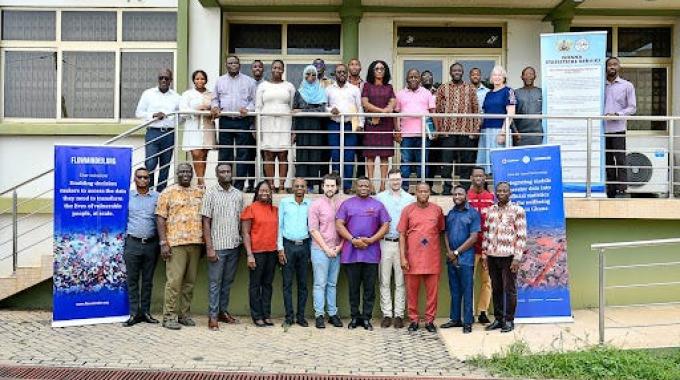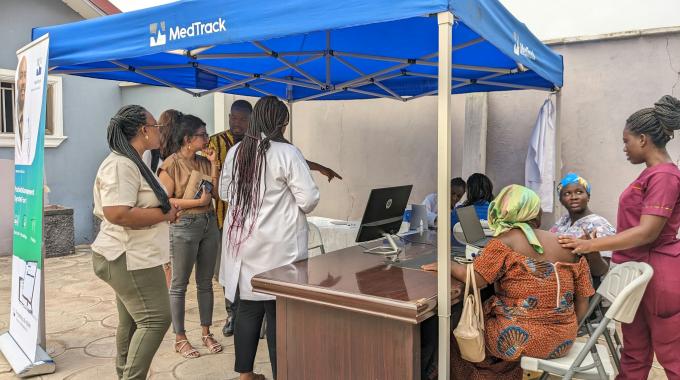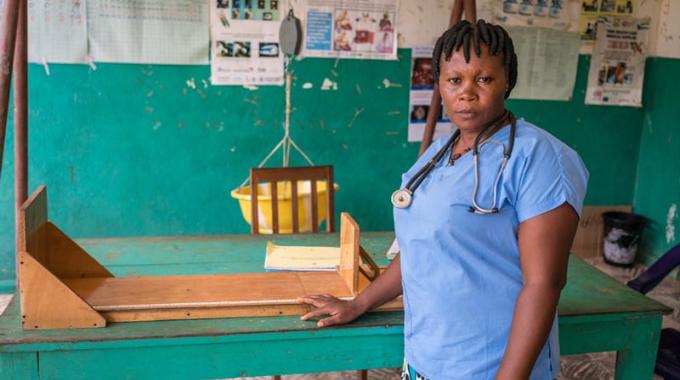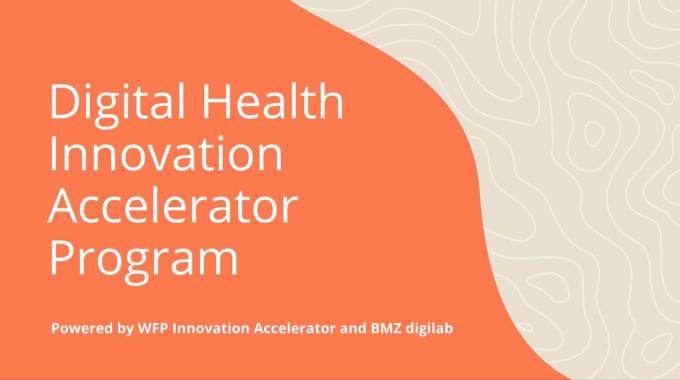The Digital Health Innovation Accelerator Programme (DHIAP) supported scalable digital solutions using open standards and approaches to creating global goods. These solutions focused on building and supporting pandemic preparedness capabilities, speeding up demand-driven vaccine distribution and restoring communities and health systems.
The Digital Health Innovation Accelerator Programme included two chapters: Open Challenge - focused on supporting innovators deploying solutions in any low- and middle-income country, and Local Challenges - focused on supporting innovators implementing their solutions in Ghana, Côte d'Ivoire, Nigeria, Sierra Leone and Togo. Selected teams received financial, technical and methodological support from the WFP Innovation Accelerator and other partners through the WFP sprint programme.
Launched in 2021, the Digital Health Innovation Accelerator Programme was powered by the WFP Innovation Accelerator and BMZ digilab, the innovation lab for digital solutions. It was initiated by the Federal Ministry for Economic Cooperation and Development (BMZ) in collaboration with GIZ, the German Development Bank KfW, and the Bill and Melinda Gates Foundation. The Digital Health Innovation Accelerator Programme closed its sprint and programming in 2024.






